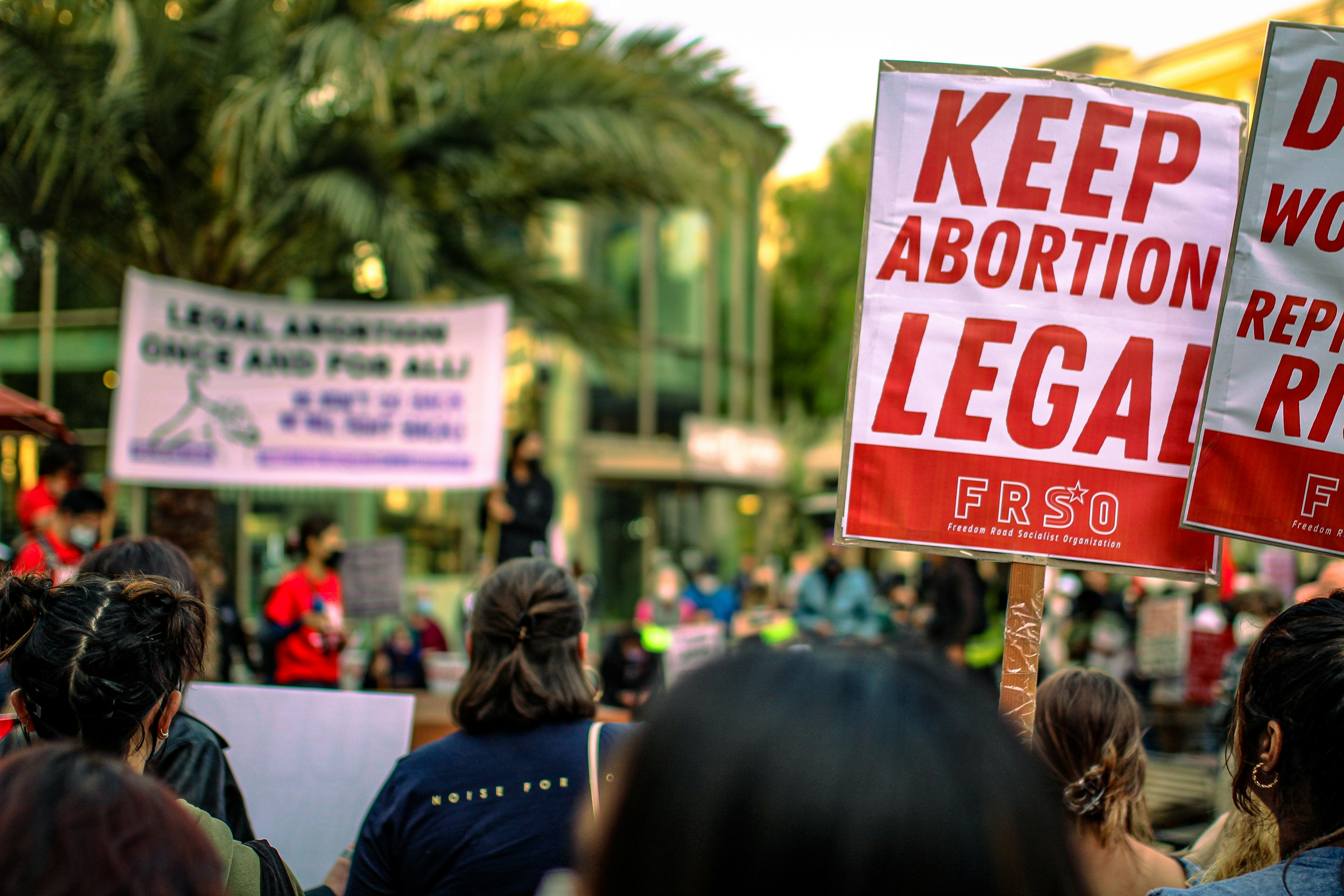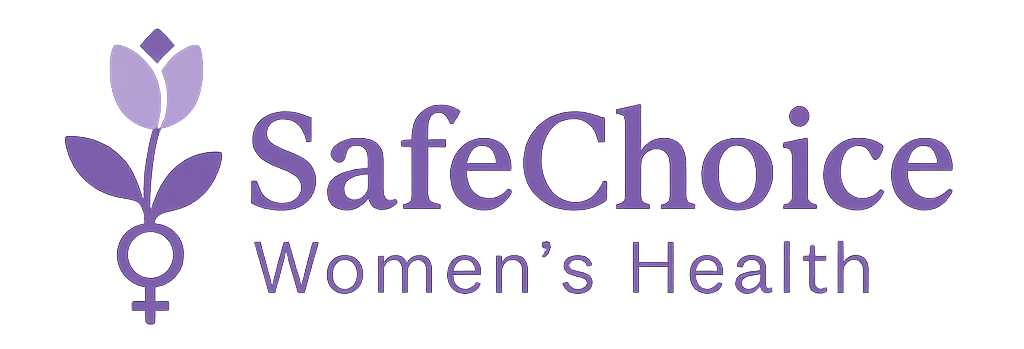
Overview of Abortion Legislation in the UAE
The legal framework governing abortion in the United Arab Emirates (UAE) is complex and influenced by both Islamic law and the region’s cultural perspectives. Abortion is primarily regulated under the UAE Penal Code, which outlines specific conditions that must be met for the procedure to be considered lawful. According to Article 342 of the Penal Code, abortions are permitted under certain circumstances; primarily, when the life of the mother is at risk or in cases of severe fetal impairment. The legal stipulations emphasize the need for medical justification, which must be corroborated by healthcare professionals.
The timeline for performing a legal abortion is tightly regulated. Abortions must be conducted within the first 12 weeks of pregnancy unless there are exceptional medical circumstances necessitating the procedure beyond this period. This reflects a blend of legal, medical, and ethical considerations unique to the UAE, where religious and cultural beliefs significantly impact public policy and healthcare practices.
Illegal abortions, defined as procedures conducted outside the permissible conditions set forth in the law, can result in severe consequences. Penalties for performing or undergoing an illegal abortion can include hefty fines and imprisonment, reflecting the status of abortion as a contentious issue within the UAE. Additionally, cultural and religious views may further stigmatize individuals seeking abortions, which complicates access to safe and legal services.
Islamic law plays a vital role in shaping societal attitudes towards abortion in the UAE. The prevalent interpretation of Sharia largely discourages the practice, unless it is deemed necessary to safeguard the mother’s health or in the case of fetal anomalies. This cultural backdrop informs not only the legislative framework but also affects how individuals approach reproductive health and rights within Emirati society.
Cultural and Societal Attitudes Towards Abortion
The United Arab Emirates (UAE) exhibits a complex landscape of beliefs and attitudes regarding abortion, significantly influenced by its predominantly Islamic culture. Islamic teachings generally discourage abortion, particularly after the first trimester, unless there are valid reasons such as grave health risks to the mother or severe fetal abnormalities. This religious framework permeates societal views, contributing to a stigma surrounding abortion that often encompasses moral, ethical, and religious dimensions.
In the UAE, societal norms are heavily shaped by traditional values and family structures. There is substantial pressure on women to adhere to established expectations around motherhood and family life. This societal context can create a hostile environment for those facing unplanned pregnancies, as the fear of judgment and ostracism looms large. Consequently, women may find themselves in challenging positions, contemplating their choices while simultaneously facing the expectations of their families and communities.
Moreover, attitudes towards abortion can differ markedly between Emirati citizens and expatriate communities residing in the UAE. Many expatriates come from diverse backgrounds with varied cultural beliefs regarding reproductive rights. This variance can lead to contrasting opinions on the subject, which may sometimes clash with local norms. Expatriate women might have access to different reproductive health resources and support networks, affecting their access to services related to abortion. This divergence highlights an ongoing dialogue, as attitudes continue to evolve in response to globalization and changing cultural landscapes.
Women’s access to reproductive health services is, therefore, intricately linked to these cultural and societal attitudes. Understanding the local context is essential for policymakers and health service providers aiming to offer comprehensive care. With a greater awareness of the challenges faced by women in the UAE, more informed approaches that respect cultural sensitivities while supporting reproductive health can be developed.
Access to Abortion Services and Healthcare
Accessing abortion services in the United Arab Emirates (UAE) presents unique challenges and considerations for women. With its distinct legal framework, the availability of abortion services is largely governed by the circumstances surrounding each case. In general, abortions are permitted in the UAE under specific conditions, particularly when the woman’s health is at risk or in cases of severe fetal abnormalities. However, it is essential for women seeking such services to understand the healthcare facilities and the qualifications of personnel involved in the procedure.
In the UAE, abortion services are typically performed in hospitals and medical centers that meet national health regulations. These facilities are required to have licensed medical professionals, including obstetricians and gynecologists, who are qualified to conduct the procedure. Healthcare providers must take meticulous precautions to ensure compliance with the legal requirements, and adherence to medical ethics forms the basis of practice in these settings. Furthermore, healthcare professionals often offer counseling and emotional support to women before and after the procedure, which is an integral aspect of reproductive healthcare.
Despite the existence of healthcare facilities and qualified personnel, many women encounter significant barriers in accessing abortion services. Legal restrictions, while permitting abortion under certain circumstances, may still create confusion surrounding eligibility criteria. Additionally, societal stigma surrounding abortion can further complicate women’s decisions, discouraging them from seeking necessary medical care. This issue is particularly pronounced in rural areas, where healthcare access is limited, and awareness about reproductive rights may be even lower. The combined effect of these factors impedes women’s ability to obtain safe and timely abortions, highlighting a critical area for potential reform and improvement within the UAE’s healthcare system.
Comparative Analysis: Abortion in the UAE vs. Other Countries
The legal framework governing abortion practices is complex and varies significantly around the world, reflecting diverse cultural, religious, and socioeconomic contexts. In the United Arab Emirates (UAE), abortion is tightly regulated, permissible only under specific circumstances, such as serious health risks to the mother or fetal abnormalities within a certain gestational limit. This contrasts sharply with countries like Canada and many European nations, where abortion is largely available on request up to a certain point in pregnancy, supported by a comprehensive healthcare system that emphasizes women’s reproductive rights.
In the Middle Eastern context, the UAE’s stance on abortion is relatively liberal compared to its neighbors, such as Saudi Arabia and Kuwait, where restrictive laws and cultural norms severely limit access to abortion services. Here, one might observe a societal tendency to protect a fetus’s rights, reflecting prevalent religious views that significantly influence abortion legislation. The interpretation of Islamic law plays a crucial role in these debates, often leading to harsh penalties for unauthorized abortions.
On a global scale, countries like the United States have seen a polarized debate surrounding abortion laws, particularly with recent attempts to curtail access in some states. This illustrates the intersection of legal, political, and social dynamics around women’s reproductive health, which often differs vastly from the UAE’s legal structure. However, even in liberal democracies, access to abortion can be influenced by socioeconomic factors, as lower-income women may face additional barriers, such as transportation and healthcare costs, limiting their options.
Overall, while the UAE has made strides in establishing a regulated approach to abortion, the comparison indicates a broader spectrum of attitudes and laws influencing women’s rights in reproductive health. These differences highlight the importance of considering various cultural and religious factors when discussing abortion laws globally, especially in terms of how they affect women’s health and autonomy.

